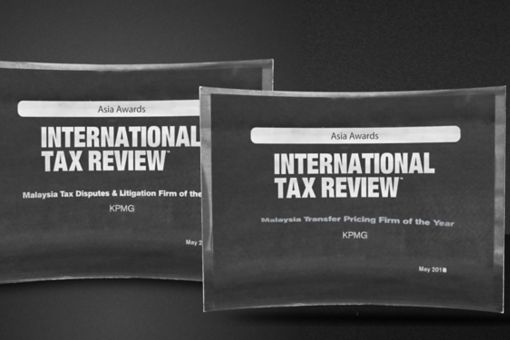The Base Erosion Profit Shifting (BEPS) 2.0 initiative is a significant change in the international tax landscape, with the introduction of the two-pillar solution to ensure multinational enterprises pay a fair share of tax wherever they operate. While the development of Pillar One rules is still in progress, the Pillar Two Global Anti-Base Erosion (“GloBE”) rules which subject in-scope multinational enterprises to a global minimum tax of 15% will be implemented in many jurisdictions, including Malaysia, which will take effect from financial year 1 January 2025.
The GloBE Rules require a fundamentally different tax calculation and represents a significant data challenge to multinational enterprises. Given the complexities of the GloBE rules, a proactive approach and comprehensive action is required from multinational enterprises to evaluate and prepare for its impacts.
At KPMG, we help our clients to assess the impact of GloBE rules, perform group structure study and entity classifications, safe harbor assessment, BEPS training, scenario modelling, and pre-regime actions, e.g. analysis of deferred tax assets. We leverage on the KPMG BEPS 2.0 Automation Technology (KBAT) to support our clients throughout the BEPS journey from collection to compliance.












